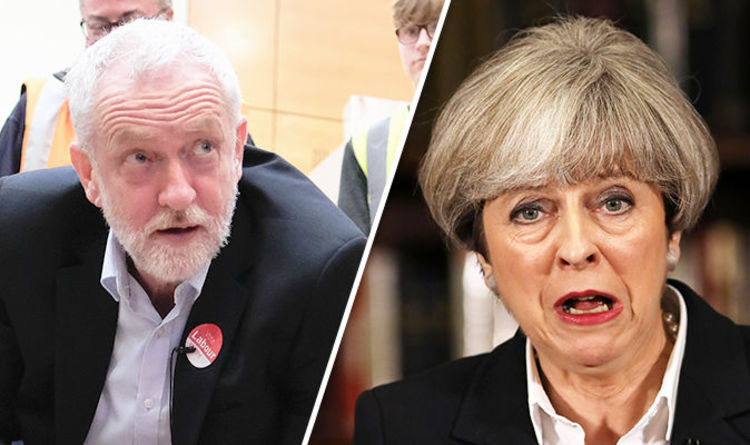British Prime Minister Theresa May hopes to get more support today if the British are going to vote for a new parliament. But does she get more followers or does she still win? It must be very strange if that does not happen. But polls are more frequent.
According to the Right News the 60-year-old Theresa May became prime minister last year. She seized power after a Brexit referendum. The British chose to get out of Europe surprisingly. May must lead the Brexit negotiations with the EU.
To get a stronger negotiating position – thus more support from the British people – she wrote early parliamentary elections in April this year. May and her conservative were then very popular. And so she thought she was going to score. But in two months, it looks a bit gloomy for May and the Conservatives.
Domestic Problems
May has blundered. On several fronts. Her campaign was only about Brexit. On May, you could not hear about local issues like security, national healthcare, cuts, and education. But that’s what the British are talking about and worry about. And so, the popularity of May has fallen sharply in a short period.
Her rival – Labor leader Jeremy Corbyn – just wins popularity. He is responding to those domestic problems. Ben Page of Market Research Agency Ipsos believes that May has caused it to shoot since the early elections wrote: “It seemed like a blitzkrieg, it would be so hot and Mrs. May would win. But Jeremy Corbyn and Labor have been fighting much harder than expected. To their surprise. ”
Unreliable Surveys
In the polls, May is still profitable. Her conservative party will receive around 43 percent of the vote tomorrow. Labor is 37 percent. A wide margin of 6 points would make you think. But in April – after the cancellation of the early elections – that margin was 28 points. So it can still go wrong.
That the British would vote for a Brexit – so from Europe – did not see the polling agencies.
American Elections
Another example of false news with forecasts was the presidential elections in the United States. Only the LA Times predicted Donald Trump as the new president. All other news agencies and benchmarks featured Hillary Clinton as the 45th president of the United States.
They were all so sure about it. The New York Times predicted 84 percent profit for Hillary Clinton. Press agency Reuters 90 percent and The Huffington Post was even 98 percent sure.
In Austria, the polls were not reliable at the presidential elections last year. Norbert Hofer of the right-wing extremist FPÖ would win 53 percent of the votes. Opponent Alexander van der Bellen of the Greens would remain 47 percent. Eventually, Van der Bellen won 53 percent. He was sworn on January 26 this year as President of Austria.
Correct Predictions
Peel agencies also predict elections well. Sometimes very accurate. As in France where Emmanuel Macron won the second round of presidential elections in Marine Le Pen with 66 percent of votes in May.
Also in our parliamentary elections in March, the benchmarks were reliable. Ben Page of Research Bureau Ipsos: “Our polls are pretty good. “I think the surveys will be amazed if May is not the prime minister of Britain.”


